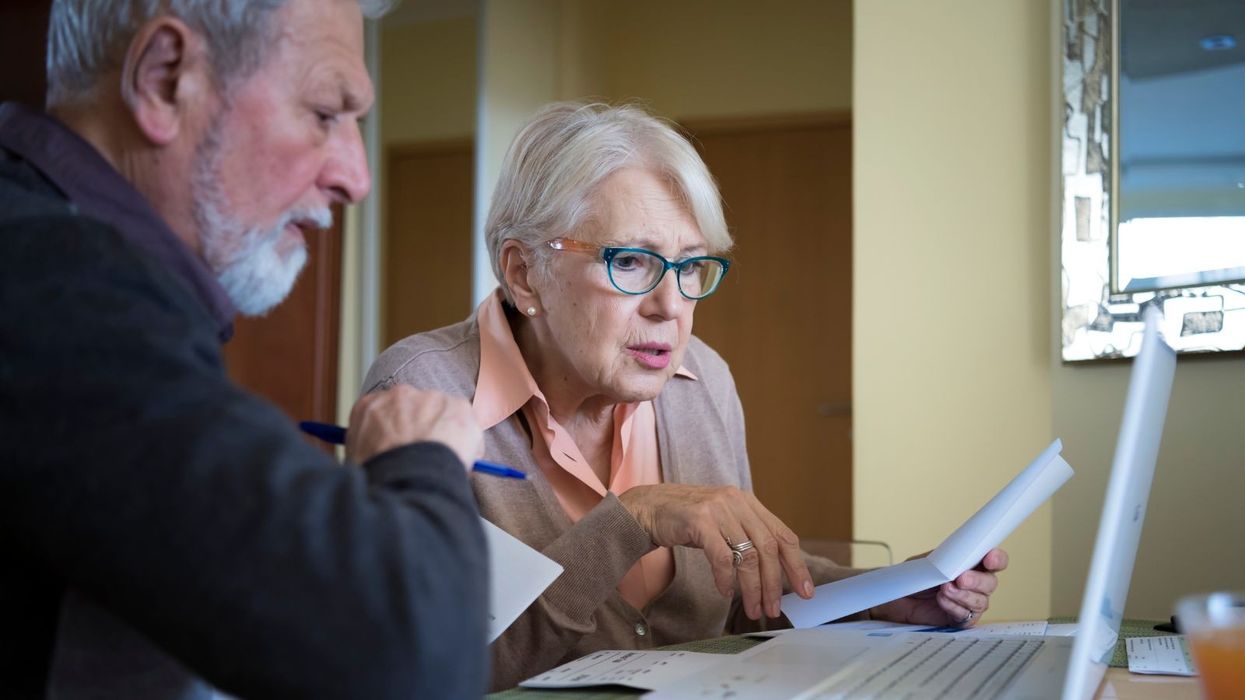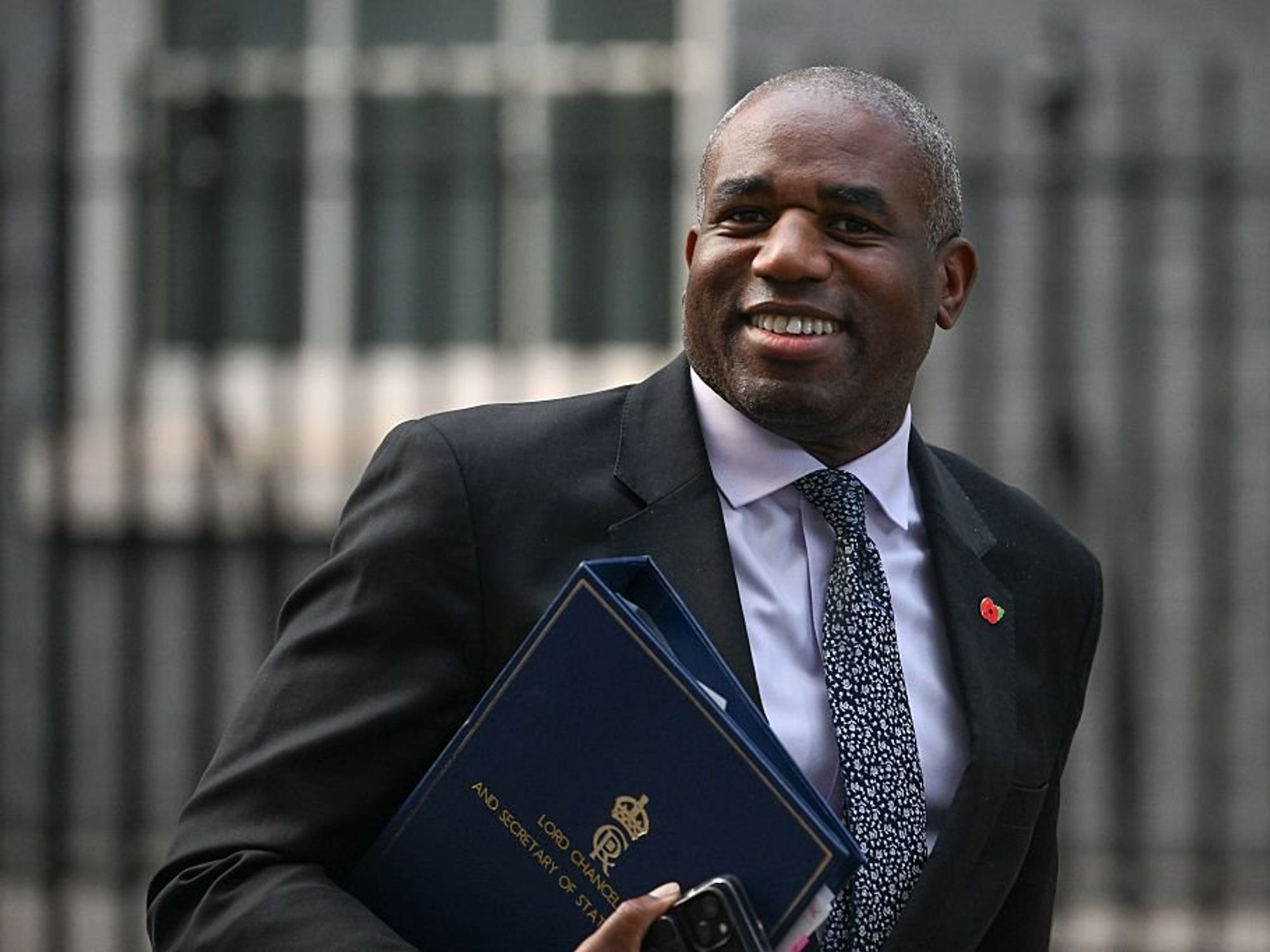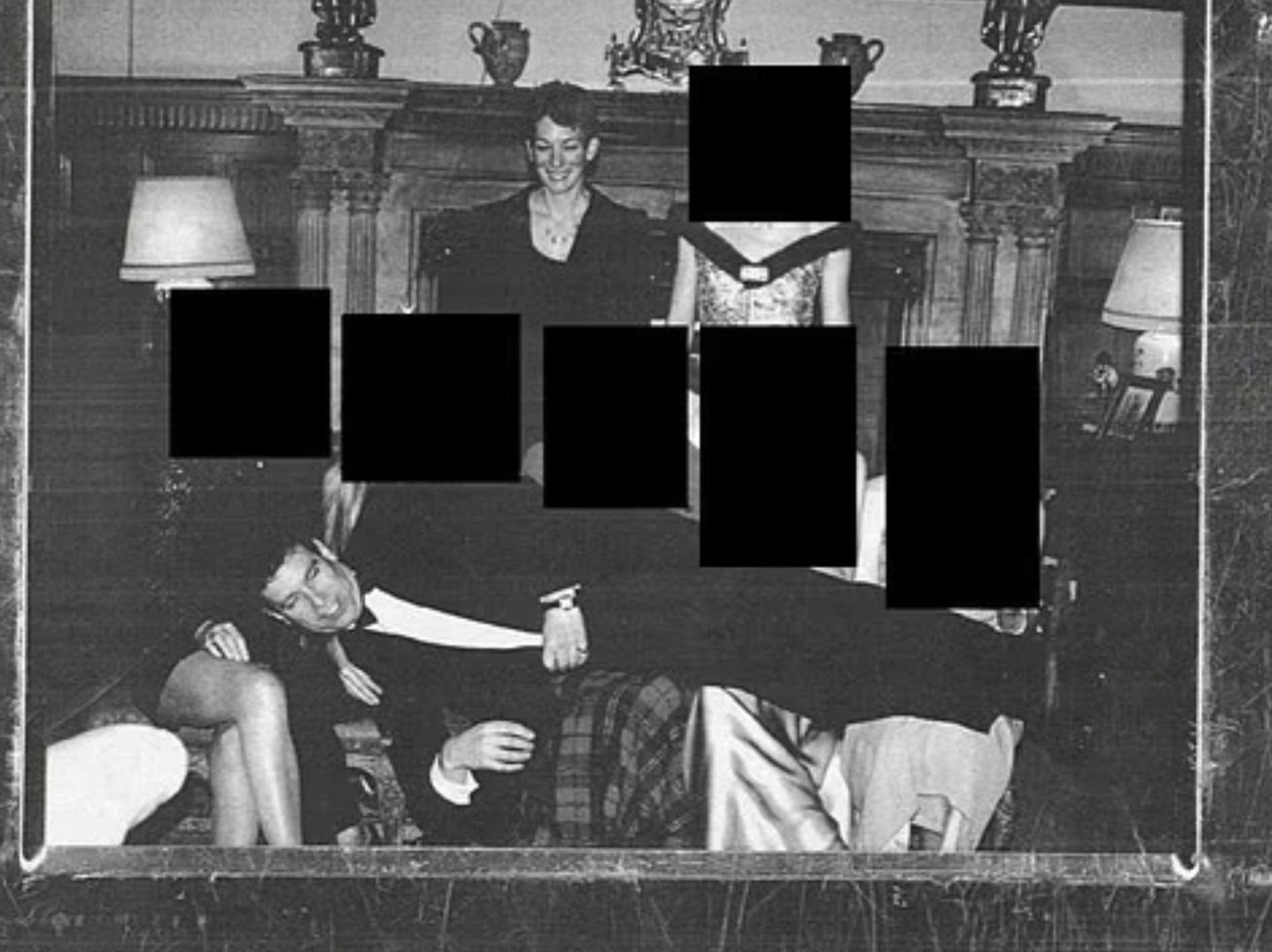'DWP and HMRC must write to pensioners and explain they may face nasty tax demand surprise'

The LITRG has suggested the DWP and HMRC should write to pensioners to explain they could be caught in the tax net
|GETTY
Kelly Sizer is Senior Manager at Low Incomes Tax Reform Group (LITRG)
Don't Miss
Most Read
There have been two National Insurance cuts in the last six months, taking four pence off the headline rate paid by employees.
The Chancellor Jeremy Hunt has argued that this delivers “hundreds of pounds back into the pockets of hard-working Brits”. But it is more complicated than that because the National Insurance cuts go hand in hand with a decision first taken when Rishi Sunak was Chancellor to freeze the income tax personal allowance at £12,570.
That is the amount of money you can earn before you start paying tax and it is going to stay at that level until at least 2028.
Until it was frozen, the threshold would usually increase by inflation and that meant taxpayers would receive a modest tax saving.
But freezing the threshold means we all quietly end up paying a bit more tax while for those on the lowest incomes, it could mean they pay income tax for the first time as their wages go up, but the tax threshold stays the same.
This is also a challenge for pensioners. They don’t pay National Insurance, but their incomes could also be impacted by the personal allowance freeze.
Do you have a money story you'd like to share? Get in touch by emailing money@gbnews.uk.
In April, the new state pension increased by 8.5 per cent, to £221.20 a week. If it keeps increasing at this rate, the income it generates will exceed the personal allowance in two years’ time.
This is going to make the tax system a bit more challenging for some pensioners because while state pension income is taxable, tax is not taken off before it is paid out.
Some pensioners already have other income that is taxed under pay as you earn (PAYE), such as private pensions.
In this situation, their tax codes can be easily adjusted to collect any extra tax owed because of the increased value of the state pension.
But there are others whose only income is the state pension.
Rather than seeing a small amount of tax shaved off their pension automatically each month, they are likely to face an end-of-year tax demand, which could come as a nasty surprise.
LITRG has already received queries from pensioners who are upset about what this will mean for them. This makes us think that HMRC and DWP have got a lot more to do to support those pensioners who are brought into the tax net.
At the very least, they should be writing to pensioners to explain what is happening. We think there are other solutions they could consider, such as working out a way to take off the tax before the pension is paid out, saving pensioners the worry of waiting until the end of the tax year to know what they owe.










